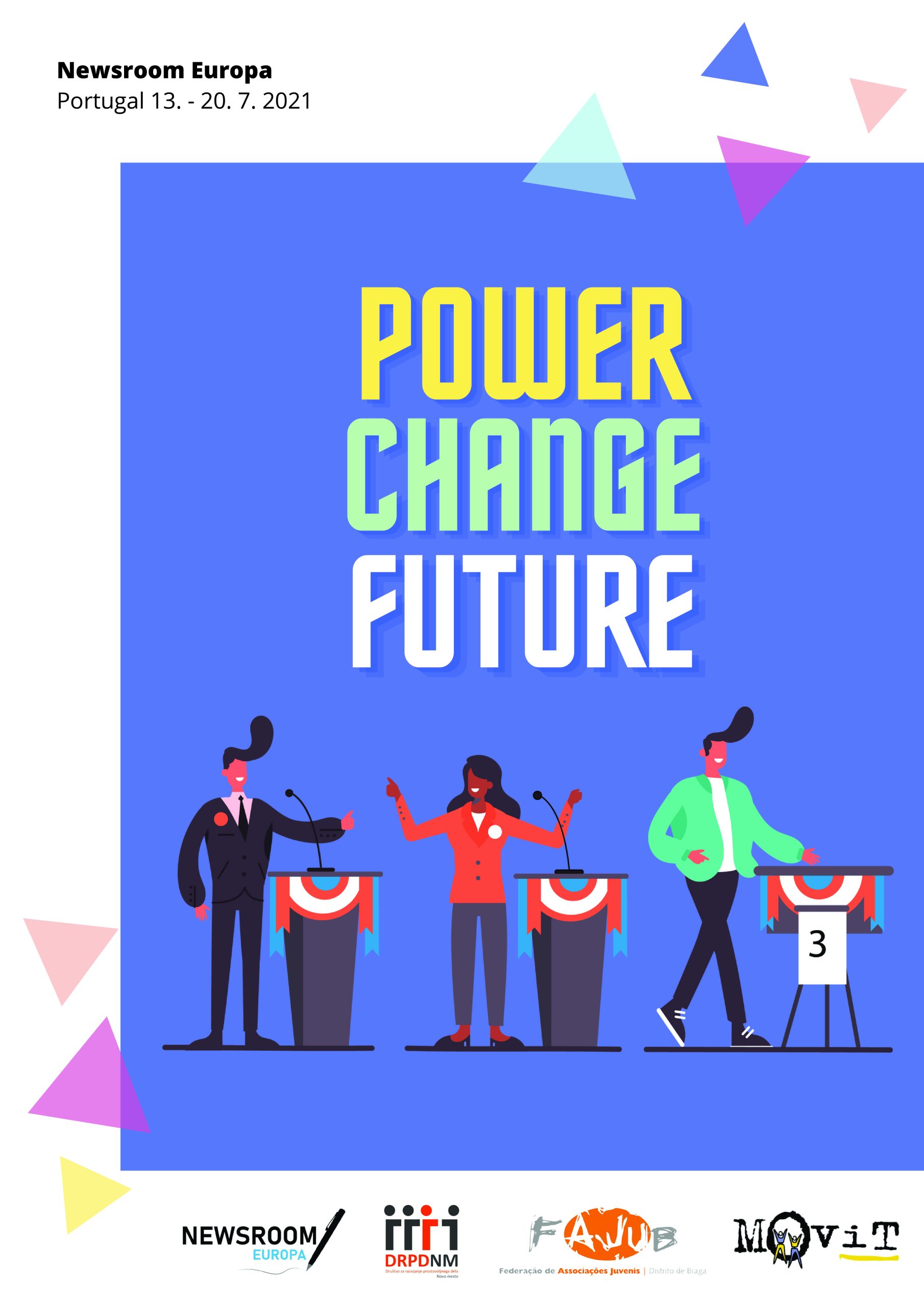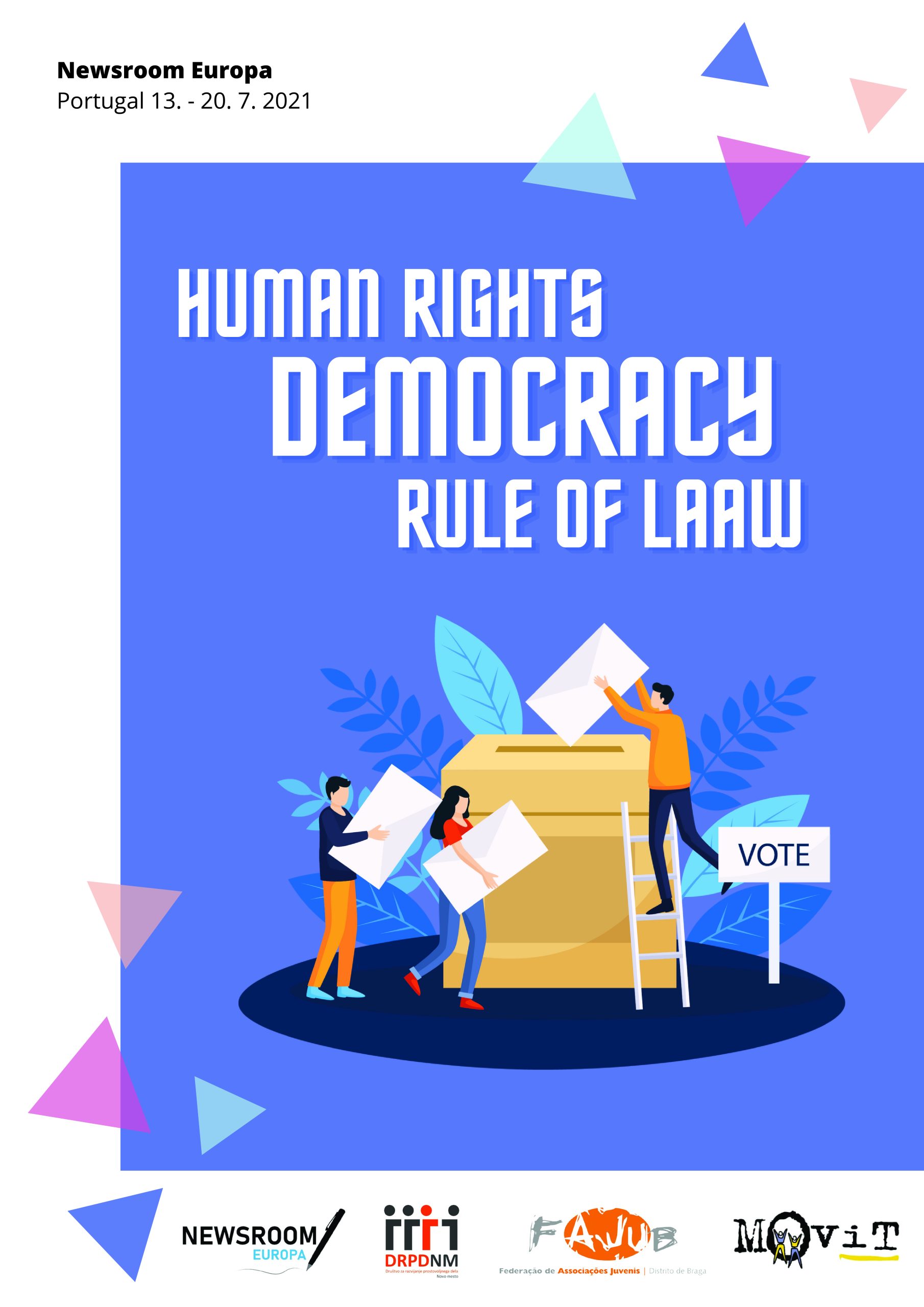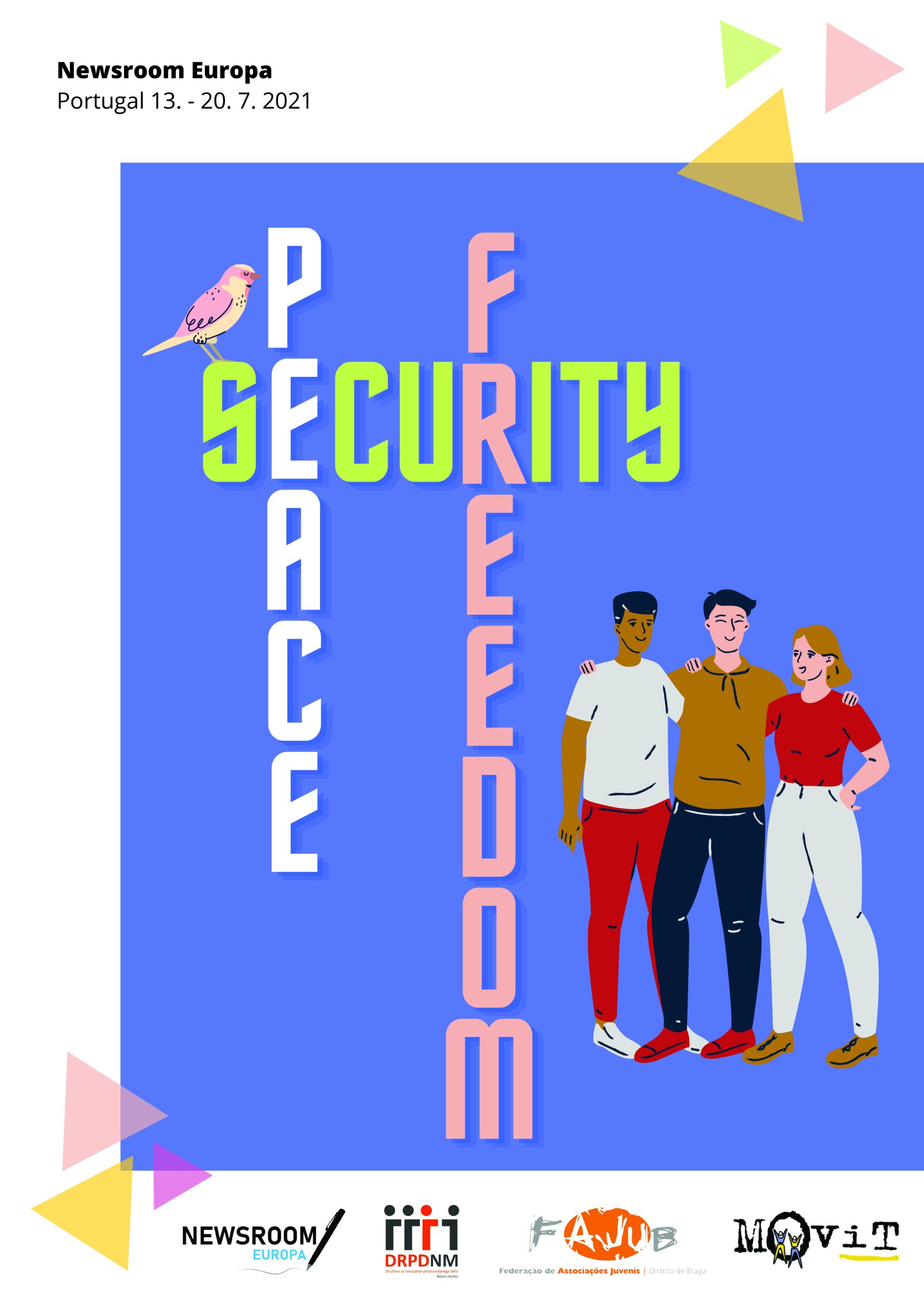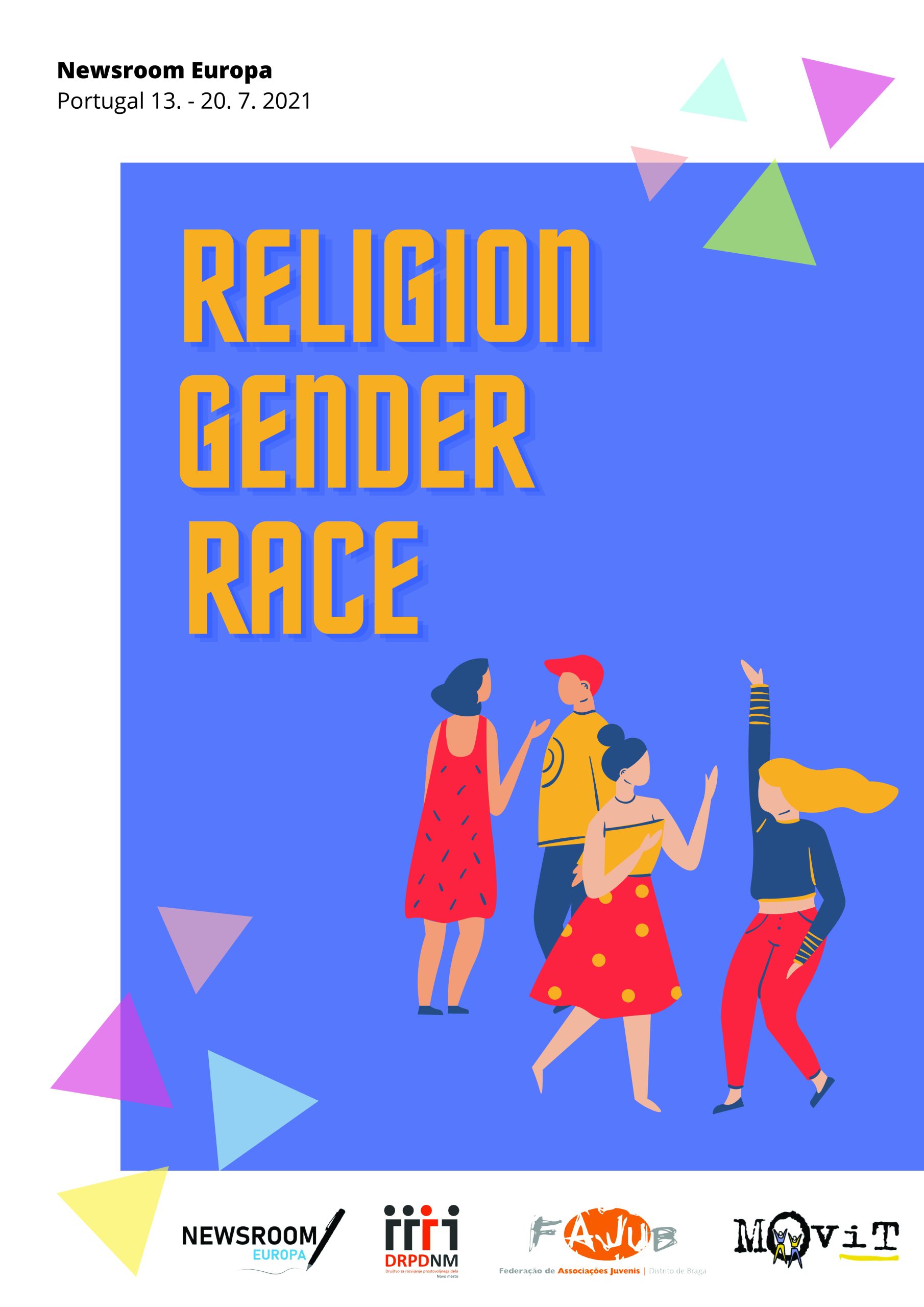Nationalism – Nationalism is the belief that your own country is better than all others and it means that someone identifies with one’s own nation and supports it for its interests, especially to the exclusion or detriment of the interests of other nations.
Nationalism as a concept was firmly established in the late 19th century and reached its peak with the rise of Hitler to the position of Chancellor of Germany in the beginning of 1933. With his party, National Socialist German Worker’s Party, Hitler started to exclude all the people who were not considered as the “Aryan master race” and he sought to strengthen the Germanic people through racial purity and eugenics. His idea was to exterminate Jews, Roma people, Poles, and other Slavs, along with the physically and mentally disabled. The Nazis segregated homosexuals, black people, Jehovah’s Witnesses, political opponents, and many other groups. Between 1933 and 1945 around 6 million Jews and millions of other targeted victims were executed in a horrible way, known as Holocaust.
Did humanity learn it’s lesson from the crime Nazis did? In a way, yes. At least we could say that for western countries, we could say that for Europe. After the II. world war it became evident that countries, which were completely in ruins, needed to find a way to unite economically and politically to secure lasting peace – in 1950 the first coalition was established, the European Coal and Steel Community, which involved six European countries: Belgium, France, Germany, Italy, Luxembourg, and the Netherlands. Slowly, over the decades that coalition of the countries grow, with the treaties name of the coalition changed until on the 1st of November 1993, when the Maastricht treaty came into force and the countries in the coalition became known as European Union. Since then, several other European countries joined EU, and people in all these countries became Citizens of EU. Nationalities, such as Germans, Swedes, Portuguese, Greeks, Latvians …
We still declare ourselves as the nationals of our own countries before we say we are citizens of EU. But we still forget that no matter in which country in the EU we live, that in all the EU countries there are minorities, ethnical groups who also became part of big EU family when our countries joined the Union. We still treat our minorities differently as we treat majority of one’s country. Is it possible to involve every ethnicity into one’s country? We have written so many laws to prevent segregation, to prevent exclusion. Constitution of every of 27 EU member countries says that all the citizens of the country are to be treated equally. In the last few years, especially after the economic crisis in 2008, nationalism is on the rise again. In many of the EU countries the nationalists are pushing their agenda in a subtle way, but there are some countries, such as Poland, Hungary, and lately also Slovenia, who have the governments, that have extremely strong propaganda which promotes their nationalistic ideas. In Slovenia, for example, the law about migrants to the country changed and now everyone who wants to live and work in the country must have basic knowledge of Slovenian language before they can move to the country. If the foreigner, who works and lives in Slovenia, wants to bring his family (usually wife and children) with him, he must prove that he can support the family without asking the government for social welfare and child allowance to which Slovenians are entitled to. In a lot of places, women who marry Roma men, are considered less Slovenian; people that come from ex-Yugoslav countries are many times considered inferior and usually have lower paid jobs; if they have problems with the language, they are often told to go back where they came from. Also, if you are Slovenian in Slovenia and you do not support the current government, you should move abroad. Even prime minister said in May 2021, that if Slovenians do not like the place where they live, they can move to Venezuela. Since the current prime minister took over the government in Slovenia, the country faces protests every week and even respectable people from academic and scientific environment signed the open letter in which they stated their concerns regarding the political climate in Slovenia.
But it is not only Slovenia, Hungary and Poland that face increased nationalism in their countries. There are other EU countries as well. Spain, Portugal, Italy, Belgium, France, Croatia …
In Czech Republic, majority of population in a way discriminates Roma people, who represent 2,5% of all the population in the country. Also, migrants that came into the country illegally and tried (try) to apply for the status of refugee, are not welcomed. In the other words, we could say, that there are many Czechs that are on some level nationalists. A lot of people also votes for the parties who are against migrations to Czech Republic.
In Spain, the north and the east of country has different culture as the rest of Spain, which created many problems in the past that still exist. There are tendencies, especially in Catalonia and Basque country, the two regions that want to gain independence. There is an ideological war between people that are against independence and people who want freedom from the Spanish government.
In Romania, since 1867, when Transylvania was part of the Austrian-Hungarian empire, there are issues with Hungarians that live there. They think that Romanians are responsible for their loss of authority and that they lost the connection with their homeland. For these reasons they treat Romanians badly and Romanians try to ignore the hate that comes from Hungarian population in Romania.
In some of the countries mentioned the rise of nationalism is not so apparent as in Slovenia, Hungary, and Poland, but it does exist, and it is increasing. What does that mean for citizens of the countries in the EU? What does it mean for future generations? And what will the consequences be if nationalism and right-wing parties become even stronger in the European countries?
In the EU, you can move freely. There are no borders, if we erase the fact that there are barb-wired fences in Hungary and in Slovenia that are “protecting” illegal immigrants from entering. And like those barb-wired fences “protect” them to enter, prejudices and stereotypes “protect” the nationals of the countries in EU (and elsewhere around the world) to accept the fact that no matter what the nationality of someone is, we are all born equal, we all have the same rights, we are all people. Religion, gender, sexual orientation, race, ethnicity, nationality… they should not matter. And when they won’t, then and only then we will be able to live in free and safe world.
And yes, it is ok to be patriotic. Being a patriot is a virtue, being a nationalist is a poison. Poison to one’s mind and to their relationships with the loved ones, local community and wider. We all should be proud of our roots, our country but we should also respect other people’s roots and their countries. Nationality does not define us but on the other hand our beliefs do.












Nedavni komentarji